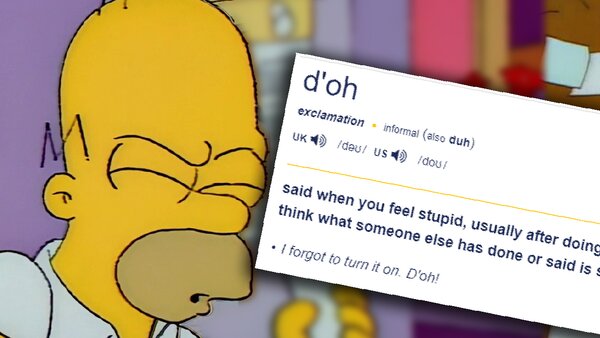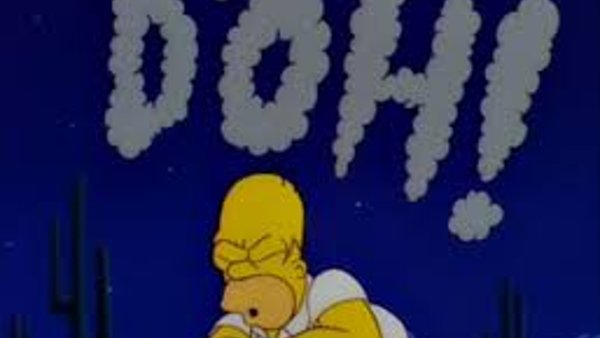10 Ways The Simpsons Changed The World
If you've ever said "meh", you can probably thank The Simpsons.

Imagining a time without television now is quite hard, and in a way you could say the same thing about The Simpsons. For over 30 years, this dysfunctional family from a perpetually vague part of the United States have been a fixture of Fox's (and now Disney's) portfolio, even if the show's reception isn't as strong as it once was.
When animated shows graced TV, there were an opening for a world where the only real boundaries were your imagination. You could go anywhere and do anything. This is what made The Simpsons such an unlikely winner - it was simply about an average family who sat on their sofa, watched TV and reflected the audience back at them... except they were yellow.
Whatever the state of the show now, The Simpsons' rise to popularity is like nothing else that came before or has come since. For a time, it was one of the most recognisable and popular brands across the entire planet. As such, it's had quite the impact on that planet...
10. The Simpsons Added New Words To The Dictionary

From Mr Burns' sinister "excellent" to Flanders "hi-diddly-ho", every major resident in Springfield has a catchphrase. Perhaps the most important is Homer's "d'oh".
This "annoyed grunt" became one of the show's strongest reoccurring lines (or, perhaps, noises) very quickly. Whilst the likes of "don't have a cow" and "eat my shorts" may have been great in their own right, Homer's "d'oh" was entirely special because it was at once a relatable sound of irritation and technically a brand new word. In 2001, it entered the Oxford English Dictionary with its definition as an interjection of frustration.
It was the first of a slew of dictionary contributions from the show.
In fact, "d'oh" isn't even the only noise that The Simpsons is responsible for. The uncaring oral shrug of your shoulders that is "meh" is attributed to rising to popularity through the show and was added to the Oxford English Dictionary in 2013.
When it comes to words, the episode Lisa the Iconoclast actually introduced the world to two at once as part of a challenge set for the writers by the showrunners to make up a couple of believable words. Both "embiggen" (to enlarge) and "cromulent" (perfectly adequate or acceptable) were added to the Merriam-Webster dictionary in 2018.
Using them in a sentence, The Simpsons embiggened our vocabulary with perfectly cromulent new words.